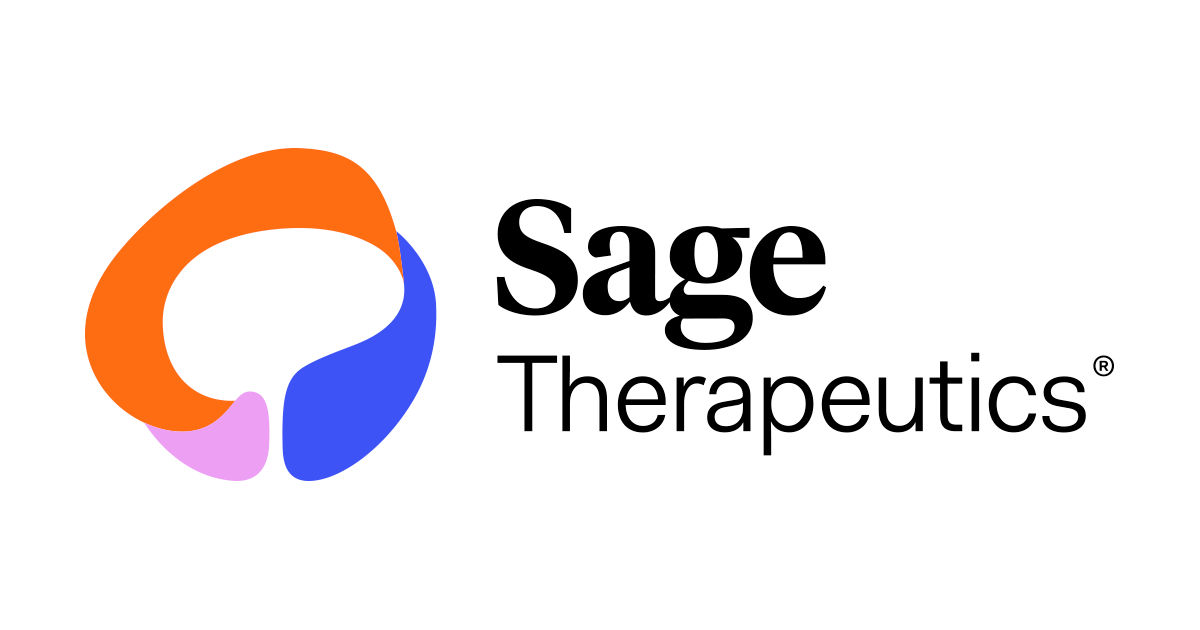Sage Therapeutics

🇺🇸United States
- Country
- 🇺🇸United States
- Ownership
- Public
- Established
- 2010-01-01
- Employees
- 10
- Market Cap
- $495.1M
- Website
- http://www.sagerx.com
- Introduction
Sage Potash Corp is engaged in the acquisition, exploration, and development of mineral properties. Its principal business activity is the acquisition, exploration, and development of potash mineral properties. It holds interest in Sage Plain Potash property. The projects of the company include Sage Potash and Sage Lithium.
Sage Scraps Huntington's Hopeful After Disappointing Phase II Data
Sage Therapeutics halts dalzanemdor development after Phase II trial for Huntington’s disease fails to meet primary endpoint, leading to discontinuation of related studies and a 3% drop in stock.
Sage Therapeutics Announces Topline Results from the Phase 2 DIMENSION Study of ...
The Phase 2 DIMENSION Study of dalzanemdor (SAGE-718) in Huntington’s Disease did not meet its primary endpoint, showing no significant difference from placebo on the Symbol Digit Modalities Test (SDMT) at Day 84. Dalzanemdor was well-tolerated, with no new safety signals. Based on these results, Sage Therapeutics does not plan further development of dalzanemdor.
Sage Therapeutics Announces Topline Results from the Phase 2 DIMENSION Study of Dalzanemdor (SAGE-718) in the Treatment of Cognitive Impairment Associated with Huntington’s Disease
Sage Therapeutics announced topline results from the Phase 2 DIMENSION Study of dalzanemdor (SAGE-718) in Huntington’s Disease, finding no statistically significant difference versus placebo on the primary endpoint. Based on these results, the company does not plan further development of dalzanemdor.
AbbVie Shares Plummet 12% as Cerevel Schizophrenia Asset Fails Phase II Trials
AbbVie's emraclidine, from the $9 billion Cerevel acquisition, failed in two Phase II trials for schizophrenia, causing a 12% share drop. Despite high placebo response, the drug showed no significant symptom improvement. Analysts are now questioning AbbVie's neuroscience strategy and growth outlook.
Investment surges, hurdles and emerging innovations in neuroscience
Innovation in neuropsychiatry is reviving after 40 years of dormancy, with recent approvals like Bristol Myers Squibb’s Cobenfy and Sage Therapeutics’ Zurzuave. Large Phase III studies on psychedelics aim to shift from anecdotal to evidence-based treatments. Challenges include high costs of Phase III trials and lack of effective animal models for CNS disorders. Investment in neuroscience is cyclical, with a need for better patient selection and biomarkers. Infrastructure and less intrusive diagnosis methods, like blood-based biomarkers, are crucial for tackling neurodegenerative diseases. AI and analytics advancements could improve diagnostic efficiency and patient targeting, despite regulatory hurdles and mixed public perception in neuropsychiatry.
Related Clinical Trials:
5 Huntington's Therapies to Watch
Despite decades of research, Huntington’s disease lacks a disease-modifying treatment. Clinical trials face challenges due to limited patient numbers and geographic barriers. Prilenia Therapeutics, Sage Therapeutics, uniQure, Wave Life Sciences, and Roche-Ionis are developing potential treatments, though some have faced setbacks. Prilenia’s pridopidine and Sage’s dalzanemdor showed mixed results, while uniQure’s AMT-130 and Wave’s WVE-003 demonstrated promising reductions in mutant huntingtin protein. Roche-Ionis’ tominersen faces ongoing development challenges.
After Decades of Failure, First Disease-Modifying Huntington's Treatment on the Horizon
New Huntington's disease therapies are nearing R&D finish lines, aiming to be the first disease-modifying treatments. Despite high-profile failures, companies like Wave, Prilenia, and uniQure are progressing towards regulatory approval. The field has gained momentum after decades of trial and error, with several mid-stage clinical trials underway. The ideal therapy would selectively lower mutant huntingtin and be widely distributed in the brain, though none currently exist.
With Trump victorious, biotech industry's focus turns to his plans for FDA, FTC
Trump's presidency may bring changes to federal health agencies, with potential influence from Robert F. Kennedy Jr. on FDA policies. The drug industry is concerned about Kennedy's role, while biotech leaders are optimistic about reduced scrutiny of mergers and acquisitions under the FTC. Trump's potential policies on drug pricing and U.S. firms' ties to China are also under scrutiny.
© Copyright 2024. All Rights Reserved by MedPath
